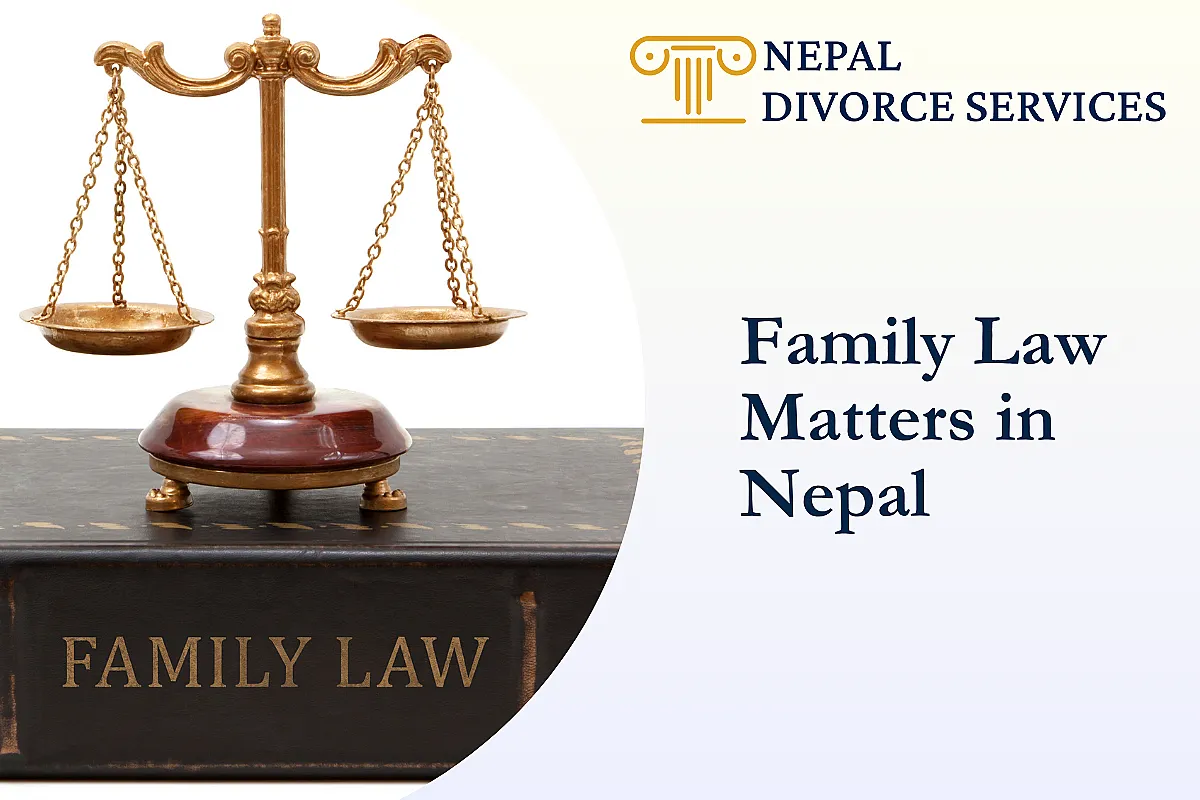Tag : Family Law Firm In Bharatpur
Family Law Matters in Nepal
Family Law Matters in Nepal is a broad topic that covers various issues and aspects of family relations and domestic affairs. According to my search, family law in Nepal is mainly governed by Part 3 of the Muluki Civil Code 2017, which sets out the legal provisions on matters such as marriage, divorce, partition of property, succession, adoption, child custody, alimony, etc. However, family law in Nepal is also influenced by other sources of law, such as the Constitution of Nepal, the National Civil Procedure (Code) Act 2017, and the customary laws and practices of different ethnic and religious groups.
Divorce For Non-Resident Nepali (NRN) In Nepal
Divorce for non-resident Nepalis is the legal process of ending a marriage between Nepali citizens who live abroad. To file for divorce in Nepal, one or both spouses must have their citizenship registered in Nepal, and the marriage must have been registered or recognized in Nepal. The divorce petition can be filed by either spouse or by mutual consent, based on various grounds such as adultery, desertion, cruelty, disease, or irretrievable breakdown of the marriage. The court will hear the case and issue a divorce decree if the grounds are established. The court will also decide on the division of assets and custody issues, if any. The divorce decree may need to be recognized and enforced in the country of residence, depending on the local laws. After the divorce, both parties should update their legal documents to reflect their changed marital status. Divorce for non-resident Nepalis involves several steps and considerations, and it is advisable to consult a legal professional with expertise in international divorce cases.


-In-Nepal-medium.webp)